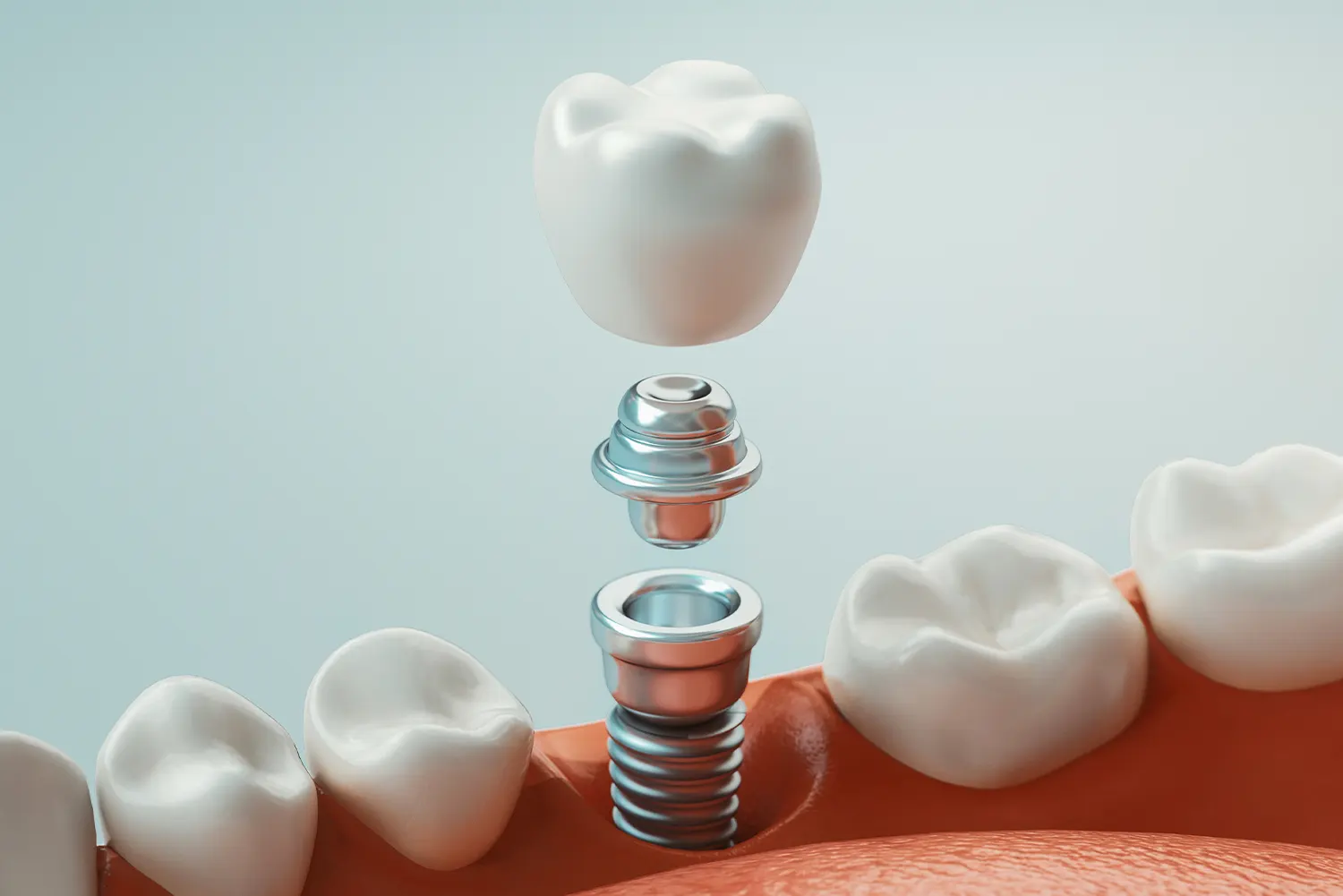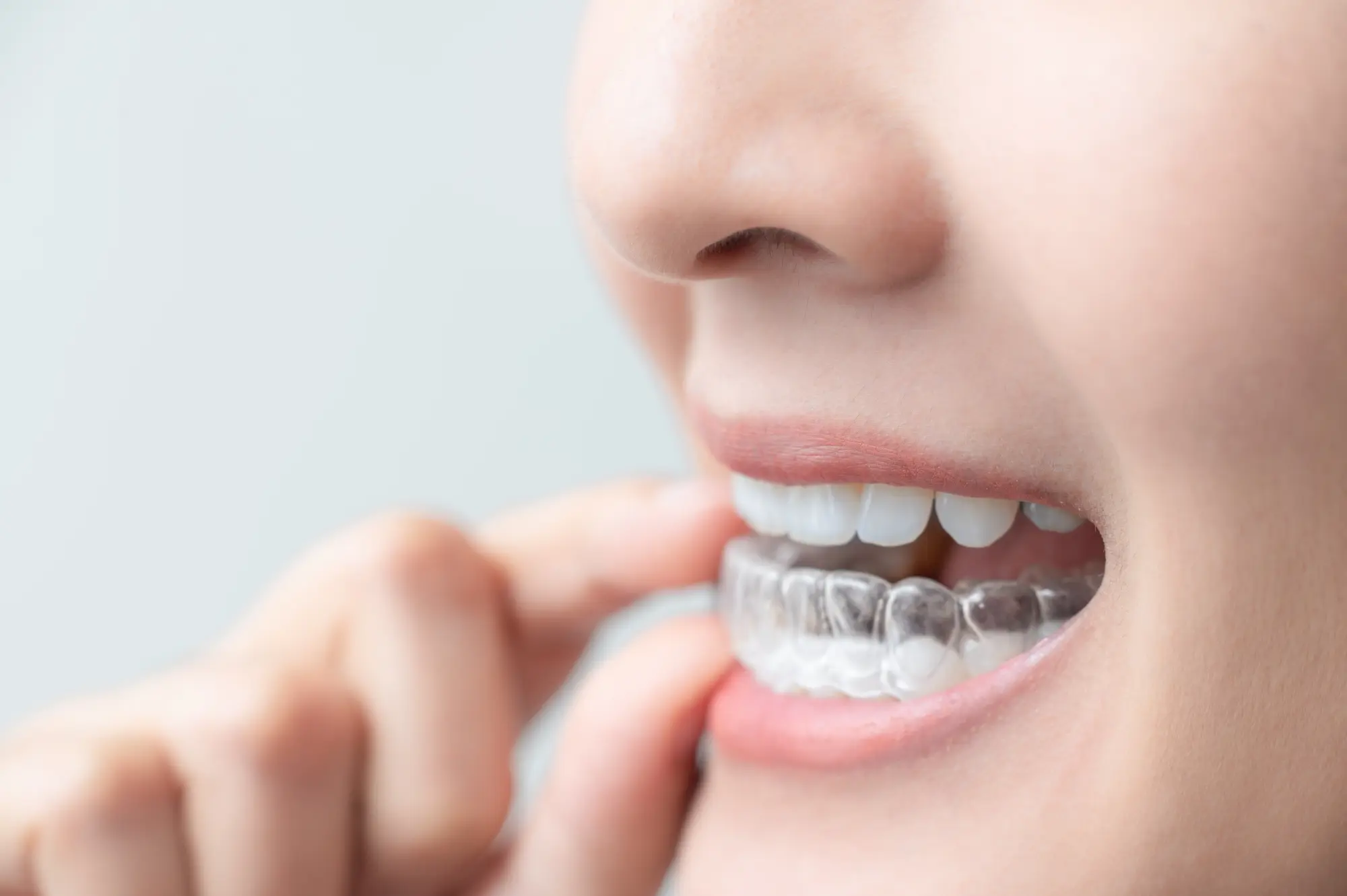
Top Signs Your Dental Implant Needs Repair or Replacement
Dental implants are a fantastic solution for those seeking to restore their smile and regain the full functionality of their teeth. However, like any dental procedure, implants may occasionally require attention to ensure they remain in optimal condition.
Recognizing the signs that your dental implant needs repair or replacement can make a significant difference in maintaining your oral health and comfort. In this blog, we'll explore the key indicators that it might be time to consult with a dental professional about your implant.
Unusual Discomfort or Pain
While some discomfort can be expected after getting a dental implant, persistent pain or discomfort that occurs long after the healing process could be a sign of a problem. If you experience ongoing pain around the implant site, it may indicate:
- Infection or inflammation in the surrounding gum tissue.
- Improper placement of the implant.
- Bone loss around the implant.
If you notice pain that isn’t getting better or continues to get worse after about 1-2 weeks after your implant surgery, you should see your dentist right away for treatment. It's crucial to address these issues promptly to prevent further complications.
Mobility of the Implant
A successful dental implant should feel as stable as a natural tooth. If you notice that your implant feels loose or is moving, it is a clear indication that something is amiss. Possible causes of implant mobility include:
- Bone loss around the implant.
- Failure of the integration between the implant and the jawbone.
- Mechanical failure of the implant or its components.
Seeking professional evaluation can help determine the cause and appropriate solution. The sooner you get help, the more likely it is that your dentist can save your implant.
Gum Recession or Swelling
Healthy gum tissue is vital for the stability of your dental implant. If you observe gum recession or swelling around the implant, it could be a sign of:
- Peri-implantitis, an inflammatory condition that affects the soft and hard tissues around the implant.
- Improper oral hygiene practices leading to gum disease.
Addressing these issues early can prevent more severe complications and ensure the longevity of your implant.
Difficulty Chewing or Biting
One of the primary benefits of dental implants is the ability to chew and bite with ease. If you start experiencing difficulty in these areas, it may be due to:
- Misalignment of the implant.
- Changes in the surrounding bone or gum structure.
- Wear and tear on the implant crown.
Consulting with your dentist can help identify the issue and restore your ability to eat comfortably.
Restore Your Smile with Confidence in Avon, CO
If you've noticed any of these signs or have any other concerns about your dental implant, don't wait to seek professional advice. At Blue Sky Dental, Dr. Alexandra Urbana is dedicated to helping you maintain a healthy, confident smile. Contact us today at (859) 361-6610 to schedule an appointment and ensure your dental implants are in the best possible condition. Whether you need a repair or replacement, we're here to provide the expert care you deserve in Avon, CO.
Related Posts





